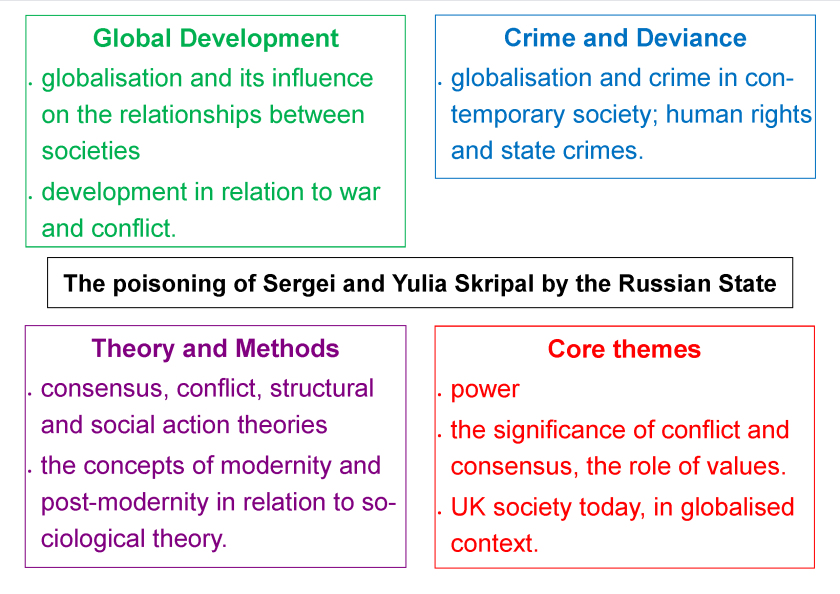The criminals in the house of commons passed the UK government’s illegal migration bill last week.
The bill will prevent most migrants who enter the UK by small boats from claiming asylum in the UK. Instead they will be detained and some of them deported to Rwanda to claim asylum there instead. Rwanda agreed to a five year trial of this plan recently.
British courts ruled the Rwanda Plan illegal because it breaches article three of the European Convention on Human Rights (1).

Rwanda’s asylum policy is not as strict as the UKs. There is a higher chance some genuine claims for asylum will result in deportations back to countries of origin.
This means more people will be returned to countries where they risk death, imprisonment or other inhumane treatment.
The UK has not deported any migrants to date because the bill is currently not legal. However the government is appealing this decision.
Relevance to A-level sociology
This material is relevant to the crime and deviance module. It is an example of a state crime, by virtue of the British state going against international human rights.
It is also an example of the limits of globalisation. Here we have a nation state restricting the free movement of people. This is globalisation in reverse.
It is also possible to apply critical victimology to this case study. Asylum seekers are the most vulnerable people on the planet. The government is targeting them by putting in place this barrier.
Note that the government isn’t worried about 150 000 wealthy Chinese students studying in the UK. It is only poor migrants it is seeking to stop.
It is also an example of a government responding to a moral panic generated by the media.
The bill is nominally in response to the thousands of migrants entering the UK in small boats in recent years. Britain actually needs migrants, it is just the media who demonizes them, and here the government responds.
This is also going against public opinion. According to one poll conducted in 2023 56% of people think migration is good for Britain.










